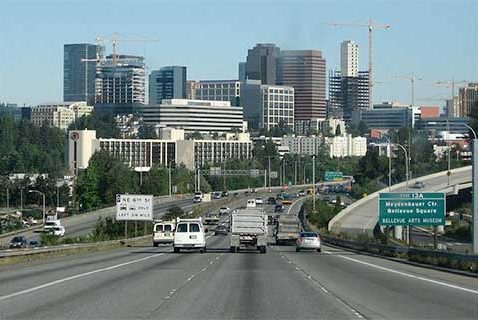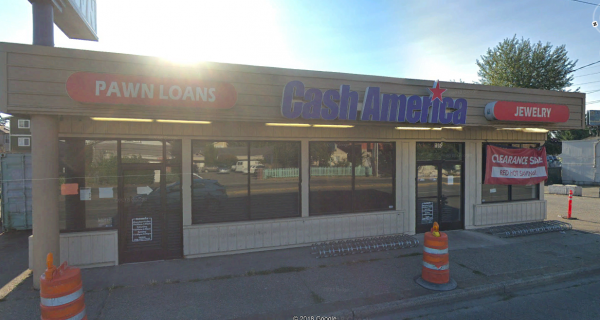The historic “poor man’s market” to the City of Seattle has been downtown Bellevue. That is most certainly not the case anymore. The downtown Bellevue commercial real estate and investment real estate epicenter has been the property surrounding the Bellevue Square area. The developers (owners) are currently creating 700,000 square feet of office space, a 245 room hotel and a 231 unit apartment complex. This is in addition to the 500,000 square feet of commercial property being added to the regional shopping center.
Commercial real estate and real estate investment is market-driven, but there almost always has to be a compelling reason for development to occur. This invariably has a leader in the form of a signature project, such as Bellevue Square, lead by a team of visionaries. Downtown Bellevue is no longer the strawberry fields of the 1940’s. Apartment buildings for sale are being gobbled up by institutional investors at a cost with which a private investor cannot compete. Office space leased to the likes of Microsoft is sold at a premium. Commercial real estate, be it primary or service oriented, is caught in the wake of ever larger developments going vertical. The small apartment investor becomes a holder of land and the retail tenant becomes the commercial user of a ground floor space in a high rise office complex.
How to gauge a mature real estate investment market
The maturity of an Urban Center and its real estate investment values as a major urban center is validated only when all the development in the region is tied together with a mass transit interlink and that is under construction today. This interlink starts near the Microsoft campus and goes through the new Springbrook District and into the core of the central business district of downtown Seattle. Investment real estate values will follow directly near and along the course of mass transit with intense development taking place near every single stop and station.




